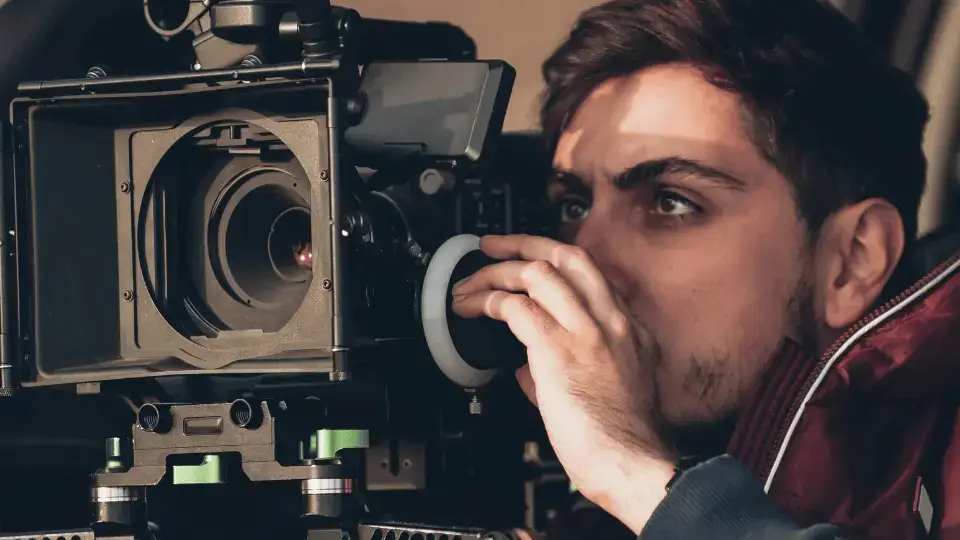Are you interested in pursuing a career as a cinematographer?
If so, you’re not alone. Cinematography is an exciting and rewarding field that requires a unique blend of technical and creative skills. In this article, we’ll explore what it takes to become a successful cinematographer and land your dream job in the industry.
What is a Cinematographer?
A cinematographer, also known as a director of photography, is responsible for capturing the visual elements of a film or video production. They work closely with the director to create the desired look and feel of the project. This includes choosing camera angles, lighting, and other technical factors that contribute to the overall aesthetic of the production.
Cinematographer Job Description
The job description of a cinematographer can vary depending on the project. However, some of the most common responsibilities include:
- Pre-production planning: Before filming begins, the cinematographer works with the director and other members of the production team to plan the visual elements of the project. This may include storyboarding, location scouting, and camera tests.
- Camera operation: During filming, the cinematographer operates the camera and makes decisions about shot composition, camera movement, and lighting.
- Lighting design: The cinematographer is responsible for designing the lighting setup for the project. This includes deciding on the type and placement of lights to achieve the desired effect.
- Post-production: After filming is complete, the cinematographer may work with the editor to ensure that the final product meets the director’s vision.
How to Become a Cinematographer
Becoming a cinematographer requires a combination of technical and creative skills. Here are the steps you can take to pursue a career in this field:
- Get educated: While it’s possible to learn the technical skills of cinematography on your own, many professionals recommend pursuing a formal education. This can include a degree program in film or a related field, or taking workshops and classes to learn specific skills.
- Build your portfolio: As you learn about cinematography, start building your portfolio. This can include short films, music videos, or other projects that showcase your skills.
- Network: Like many creative fields, cinematography is all about who you know. Attend industry events, join professional organizations, and connect with other professionals in the field.
- Get experience: As you build your portfolio and network, look for opportunities to gain experience. This may include working as a camera assistant, lighting technician, or other entry-level positions on film sets.
- Keep learning: Cinematography is a constantly evolving field, so it’s important to stay up-to-date on the latest technology and techniques. Attend workshops, read industry publications, and continue to build your skills.
Key Skills for Cinematographers
In addition to technical expertise, successful cinematographers need a range of creative and soft skills. Here are some of the most important qualities for this field:
- Creativity: Cinematography is a highly creative field. Successful professionals need to be able to think outside the box and come up with unique solutions to visual challenges.
- Attention to detail: The smallest details can make a big difference in the final product, so cinematographers need to have a keen eye for detail.
- Communication skills: Cinematographers work closely with directors, editors, and other members of the production team, so strong communication skills are essential.
- Adaptability: Filming can be unpredictable. Cinematographers need to be able to adapt to changing circumstances and think on their feet.
- Technical expertise: Of course, cinematographers also need to have a deep understanding of cameras, lighting, and other technical aspects of the job.
Key Takeaways
Becoming a successful cinematographer requires a combination of technical and creative skills. Pursuing a formal education, building your portfolio, networking, gaining experience, and continuing to learn are all important steps to take. Some of the key skills for cinematographers include creativity, attention to detail, communication skills, adaptability, and technical expertise. If you’re interested in pursuing a career in cinematography, consider taking the NYU Film and TV Industry Essentials online course and certificate program to gain the knowledge and skills you need to succeed.








